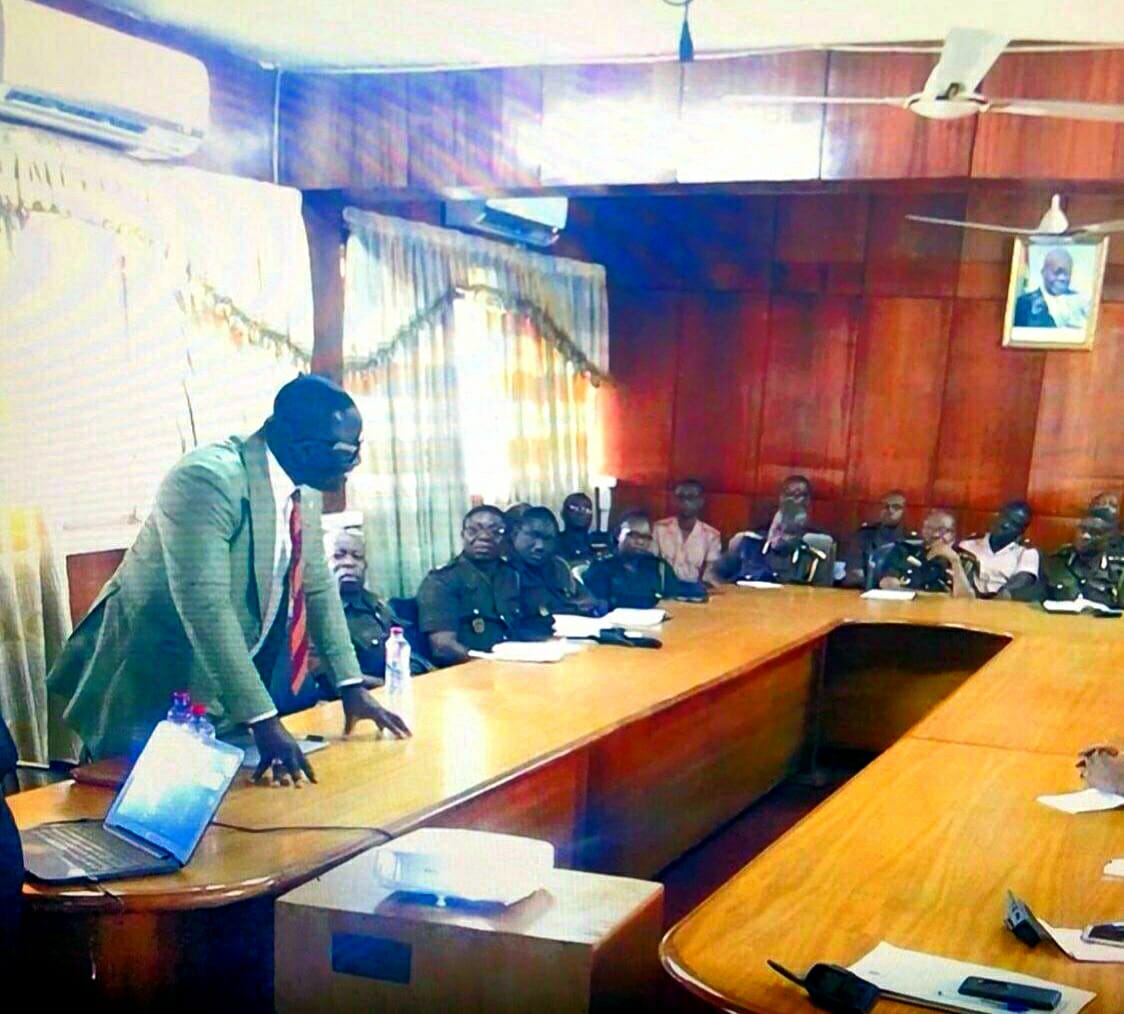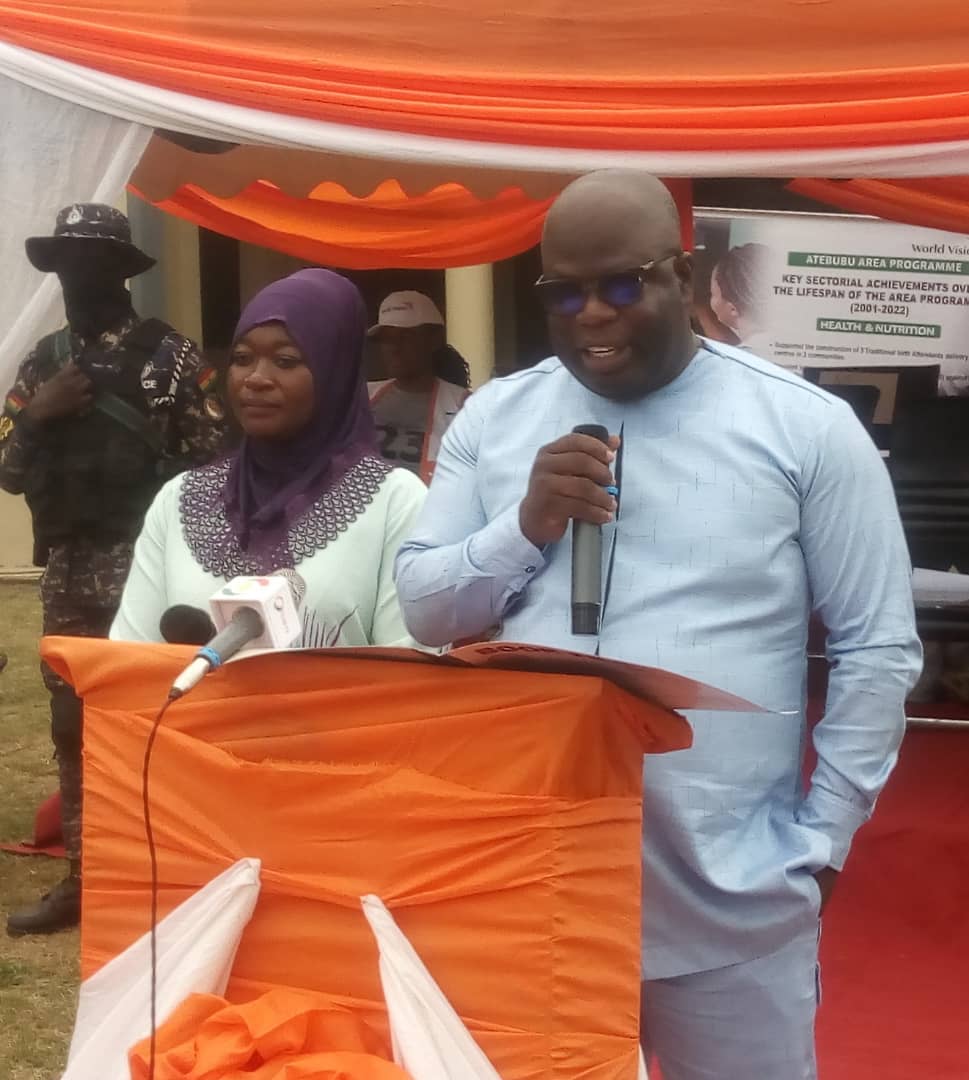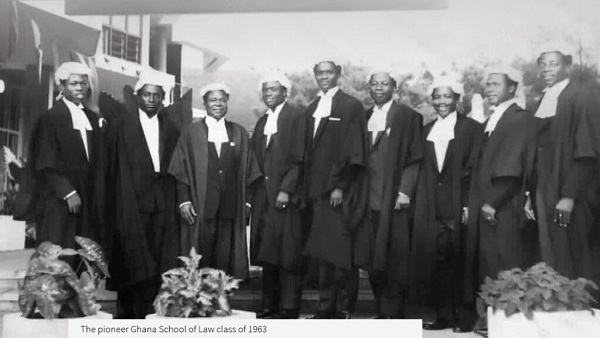Restoring Decorum in Ghanaian Parliament: Moving Beyond Partisan Politics

Nana kweku ofori Atta
Security consultant
In recent times, the halls of the Ghanaian Parliament have witnessed a troubling trend – the encroachment of partisan politics into the sacred space of national debate. As esteemed members of the legislative body gather to discuss matters crucial to the welfare of the nation, the echo of political discord threatens to drown out the voice of reason and progress.
The sentiment expressed by concerned citizens, is a clarion call for a return to decorum and statesmanship within the chambers of power. Indeed, the assertion that “politics ends at the entrance of the main chamber” resonates deeply with those who yearn for a Parliament guided not by party allegiance but by a steadfast commitment to the national interest.
At the heart of this issue lies the urgent need to uphold the standing orders of proceedings in Parliament, ensuring that they are applied without fear or favor. The Speaker of the House must wield the proverbial whip with authority, swiftly curbing any attempts by Members of Parliament to inject partisan rhetoric into national discussions. By enforcing the rules impartially, the Speaker can foster an atmosphere conducive to constructive dialogue and genuine collaboration.
It is necessary that Members of Parliament, irrespective of their political affiliation, recognize their solemn duty to serve the people of Ghana. When they step into the hallowed halls of Parliament, they do so not as representatives of a particular party but as custodians of the nation’s collective aspirations. Any attempt to prioritize partisan interests over the welfare of the citizenry undermines the very essence of democracy.
The escalating tide of partisan conflicting debates threatens to erode public confidence in the efficacy of parliamentary proceedings. To address this pressing issue, a paradigm shift is required—one that emphasizes nation-building over narrow political gains. As I , Nana Kweku Oforiatta rightly assert, “we need to start dealing with matters of the state to address them nationallistically.”
Moving forward, it is incumbent upon both leaders of the house and individual Members of Parliament to approach national debates with a spirit of bipartisanship and mutual respect. Any attempt to commence statements with a partisan slant must be swiftly halted, reaffirming Parliament’s commitment to the principles of democracy and good governance.
In conclusion, the restoration of decorum in the Ghanaian Parliament is not merely a desirable outcome—it is absolutely important for the sustenance of democracy and the advancement of the nation. By transcending the divisive shackles of partisan politics, Members of Parliament can fulfill their mandate with integrity, dignity, and a steadfast devotion to the common good. Let us heed the call for unity, for in our collective strength lies the promise of a brighter future for Ghana.





